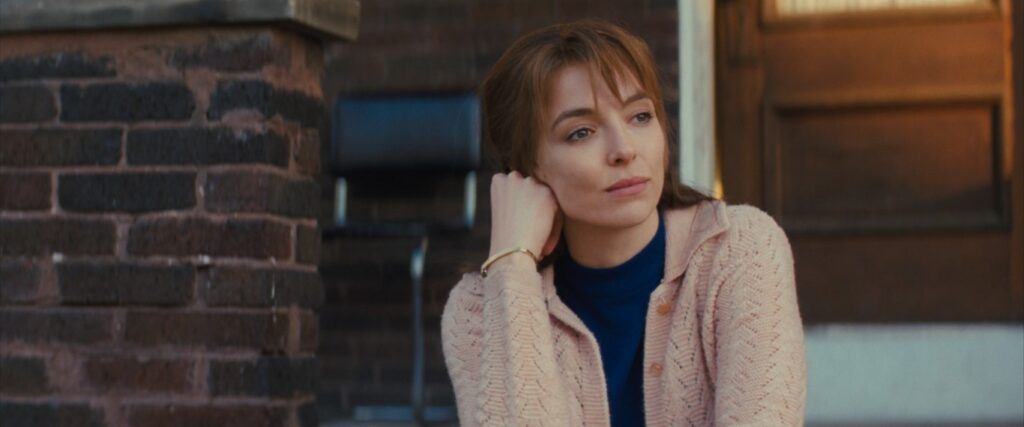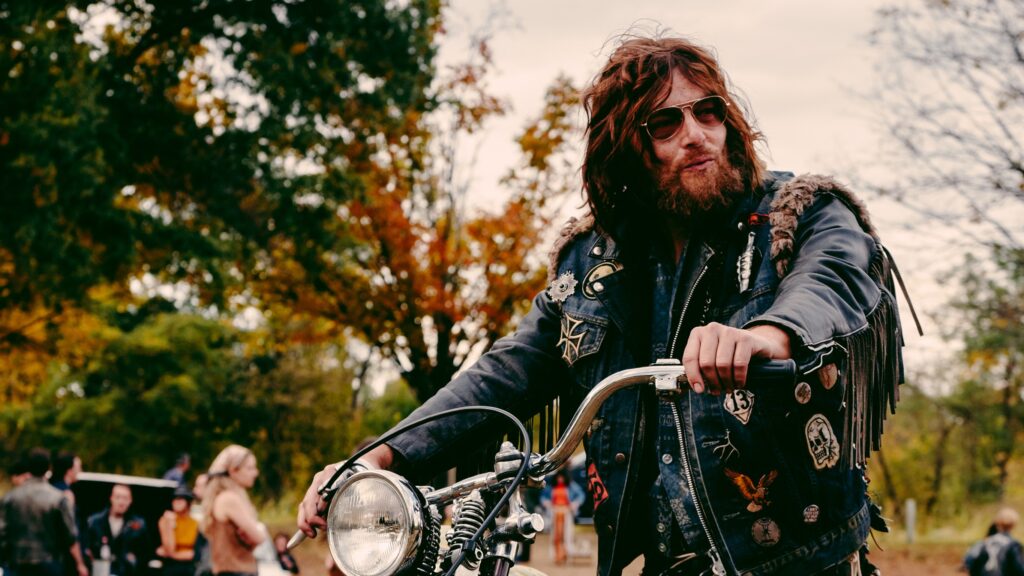Read also:
How to Watch FX Live Without CableHow To Watch AMC Without CableHow to Watch ABC Without CableHow to Watch Paramount Network Without CableThroughout such films as Shotgun Stories (2007), Take Shelter (2011), Mud (2012), Midnight Special (2016), and Loving (2016), writer-director Jeff Nichols has shown himself to be a filmmaker particularly fascinated with telling tales of people living on the fringes of society. On the surface, his latest effort, the long-delayed The Bikeriders, would seem to be an ideal use of his particular talents. But that makes the failures of the structurally confused, dramatically inert, and ultimately meandering project seem all the more baffling.
Loosely inspired by the work of photographer Danny Lyon, who embedded himself with the Chicago chapter of the Outlaw Motorcycle Club for over a year and chronicled it in the influential 1968 book The Bikeriders, the film charts the development and growth of the Vandals, a motorcycle gang led by Johnny (Tom Hardy). He’s an ordinary suburban Chicago family man with a job as a trucker who is nevertheless compelled to form the gang after watching The Wild One on TV. (Good thing he wasn’t watching Guys and Dolls instead.) Soon, he collects a number of like-minded guys who seem to spend all their time riding, working on their bikes, or getting drunk and violent in bars and group picnics while their wives and girlfriends look at them with varying degrees of exasperation.
One of those wives, Kathy (Jodie Comer), is our guide to the story, regaling the tale of the gang in a series of interviews with Lyon (Mike Faist). One night, she finds herself in a bar with the Vandals and catches the eye of Benny (Austin Butler), perhaps the most dedicated member of the group outside of Johnny himself. The two marry after only a few weeks, but his fealty to the group and his recklessly headstrong ways begin to drive a wedge between them. As the group changes and evolves over the years—becoming more violent and aggressive with the influx of younger riders wanting to prove themselves—a tug-of-war develops between Kathy and Johnny for Benny’s love and loyalty, one which ultimately proves painful for all involved.

I suppose this all sounds vaguely interesting, but Nichols badly fumbles the ball here in many ways despite his undeniable talents as a filmmaker. For starters, the framing device involving Lyon interviewing Kathy, leading to several extended flashbacks that make up the bulk of the narrative, does not work at all. It merely keeps viewers at a distance instead of involving them in the story, and the combination of Kathy’s narration and the vast array of needle drops covering the film’s mid-’60s/early ’70s period only serves to invite unfortunate comparisons to Goodfellas it can’t possibly live up to in the end.
Another problem with the script is that Nichols has inexplicably chosen the wrong story to tell. There are tantalizing ideas here that could have been developed into compelling narratives. He could have explored Johnny balancing his life with the gang with his existence as a family man (said family is never seen or referred to again after that fateful viewing of The Wild One), or the irony of seeing a gang of so-called rebels developing more rules and regulations for them to obey (not to mention more painful penalties for breaking them).
Instead, Nichols makes the relationship between Kathy and Benny the heart of the film, which wouldn’t necessarily be a bad idea if you believed in them as a couple and cared about what was happening between them. Unfortunately, Nichols never makes a convincing case for them as the film’s focus. The script insists on the power of their relationship but undercuts it severely by its unwillingness to develop the characters in any meaningful way. All Benny does is sit around and brood in an undeniably photogenic manner; all Kathy does is fret about how his dedication to the group and Johnny will get him killed. To make matters worse, there is absolutely no discernible chemistry on display between Comer and Butler, making their scenes increasingly tedious as the film goes on (and on—it runs for two hours but drags so much that it feels roughly twice that).

The performances are also pretty baffling as well. Hardy’s work as Johnny is so strangely affected that you never quite believe anyone would take him seriously as a fearsome leader. This is especially true when he talks in his character’s Chicago accent, which sounds like someone doing a bad imitation of Brando while also doing his impression of one of the guys from the old SNL “Superfans” sketches while gargling bathtub Malort. Comer’s take on a Chicago voice is also pretty peculiar, but the bigger problem is her inability to find anything to do with her paper-thin character. As for Butler, he certainly looks handsome but is otherwise an unconvincing blank—he’s clearly going for the combination of toughness and tenderness of James Dean, but comes across more like a model from an old Details photo spread. Things perk up a bit whenever longtime Nichols collaborator Michael Shannon turns up as one of the Vandals, but he’s not in it enough to help matters much.
Outside of some of the most dubious accents to be heard in a film in a long time, The Bikeriders has little to offer viewers. Its insights are shallow, the characters are uninteresting and the narrative has no twists or surprises up its sleeve that might give it some much-needed juice. It might not have seemed so bad if almost any other director had made it. But coming from someone as undeniably gifted as Nichols, its missteps are all the more glaring. Hopefully, he will get back on track with his next project, and everyone can just leave this film in the dust.
The Bikeriders rolls into theaters June 21st.